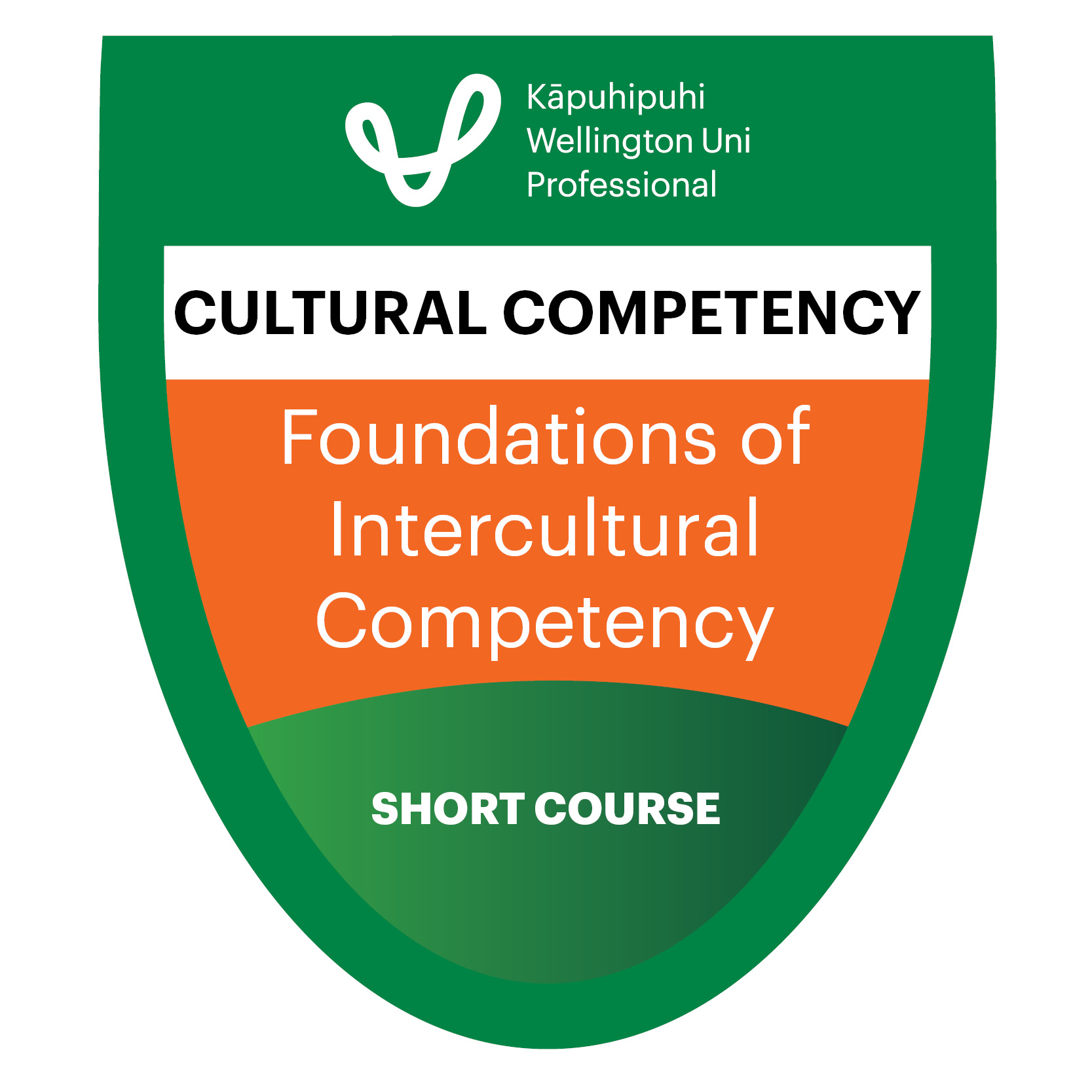Foundations of Intercultural Competency
Develop cultural awareness and practical strategies to work more effectively in diverse teams and communities.

Course overview
Cultural differences can shape perceptions, behaviours, and expectations in ways that affect collaboration, communication, and inclusion. Foundations of Intercultural Competency introduces participants to the essential concepts and practices of intercultural awareness to help them navigate diverse environments with greater confidence and sensitivity.
Delivered as a live, 3-hour online interactive session, the course blends theory with a mix of lectures, practical activities and small group discussions.
This course is ideal for professionals, educators, leaders, and anyone working in multicultural teams or communities, as well as those developing their capabilities in diversity and inclusion.
Participants will gain a clearer understanding of how culture influences interaction, build the language and tools needed to engage more effectively across cultural boundaries, and lay the groundwork for ongoing development in intercultural competency. This course also serves as a stepping stone to the more advanced Mastering Intercultural Competency course.

What you'll learn
- Define key concepts of culture and intercultural competency to build a shared understanding for cross-cultural engagement.
- Explore how culture shapes identity, behaviour, and communication across personal, organisational, and national contexts.
- Reflect on and analyse your own cultural background, values, biases, and assumptions to increase self-awareness.
- Understand the importance of cultural awareness, humility, and sensitivity for working effectively in diverse environments.
- Learn how to apply diversity, equity, and inclusion (DEI) strategies appropriately across different cultural contexts.
- Strengthen your ability to assess cultural values and adapt your communication style to suit varying audiences.
- Engage with real-world case studies to apply intercultural principles in practical, relevant situations.
- Evaluate everyday scenarios to identify appropriate and effective intercultural responses.
Course modules
Understanding Culture
Participants will explore what culture is and the many ways it influences identity, behaviour, values, and communication. This section lays the groundwork by defining key concepts and unpacking how culture operates at personal, organisational, and national levels.
Self-Reflection and Cultural Awareness
This section invites participants to reflect on their own cultural backgrounds, values, and biases. Through guided activities, they will critically examine how their own cultural lenses shape their perceptions and interactions with others.
Intercultural Skills in Action
Building on the theory, participants will learn about the importance of cultural awareness, humility, and sensitivity in diverse environments.
Application Through Case Studies
Participants will apply what they’ve learned by engaging with real-world case studies. These scenarios are designed to prompt discussion, challenge assumptions, and help participants assess appropriate intercultural responses in practical situations.
Further Information
Format
This course is delivered as a half-day live online session on Zoom. The session is interactive, combining presentations, group discussion, and practical exercises. Group size is limited to ensure active participation.
What You'll Receive
You will receive a digital certificate of attendance and a Wellington Uni-Professional digital badge. These include the Continuing Professional Development (CPD) hours completed, making them suitable for recognition by professional organisations and employers.







